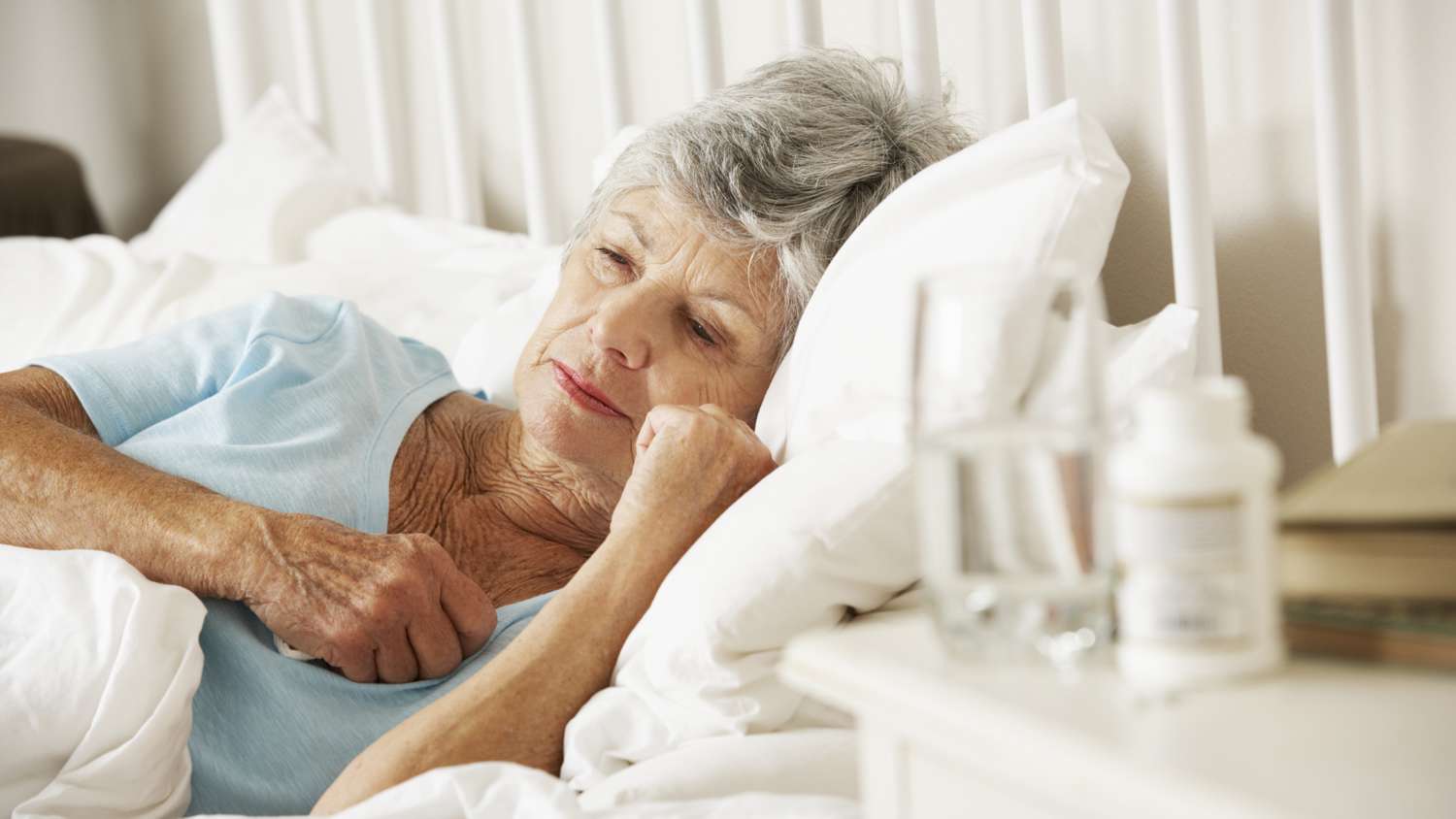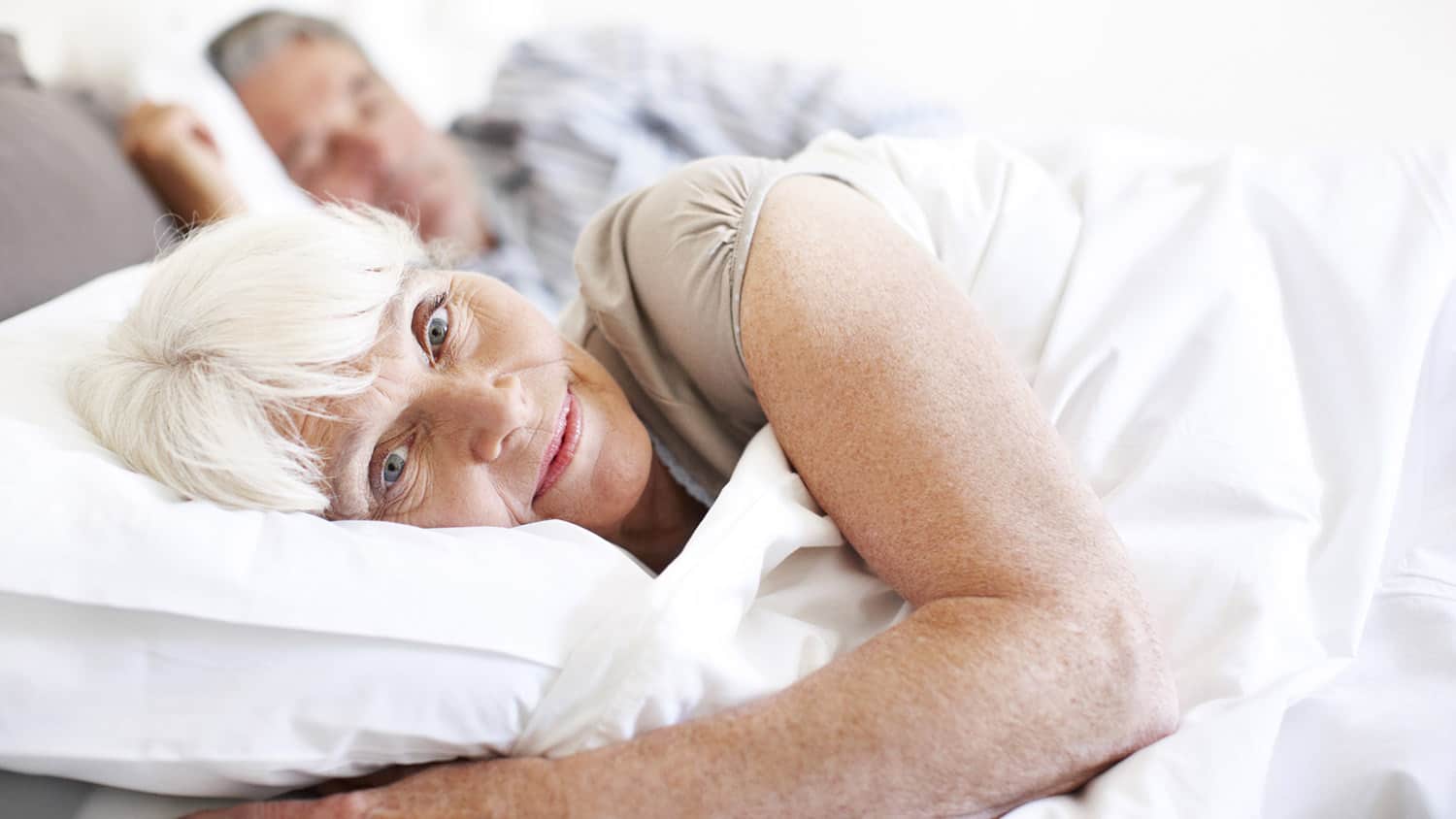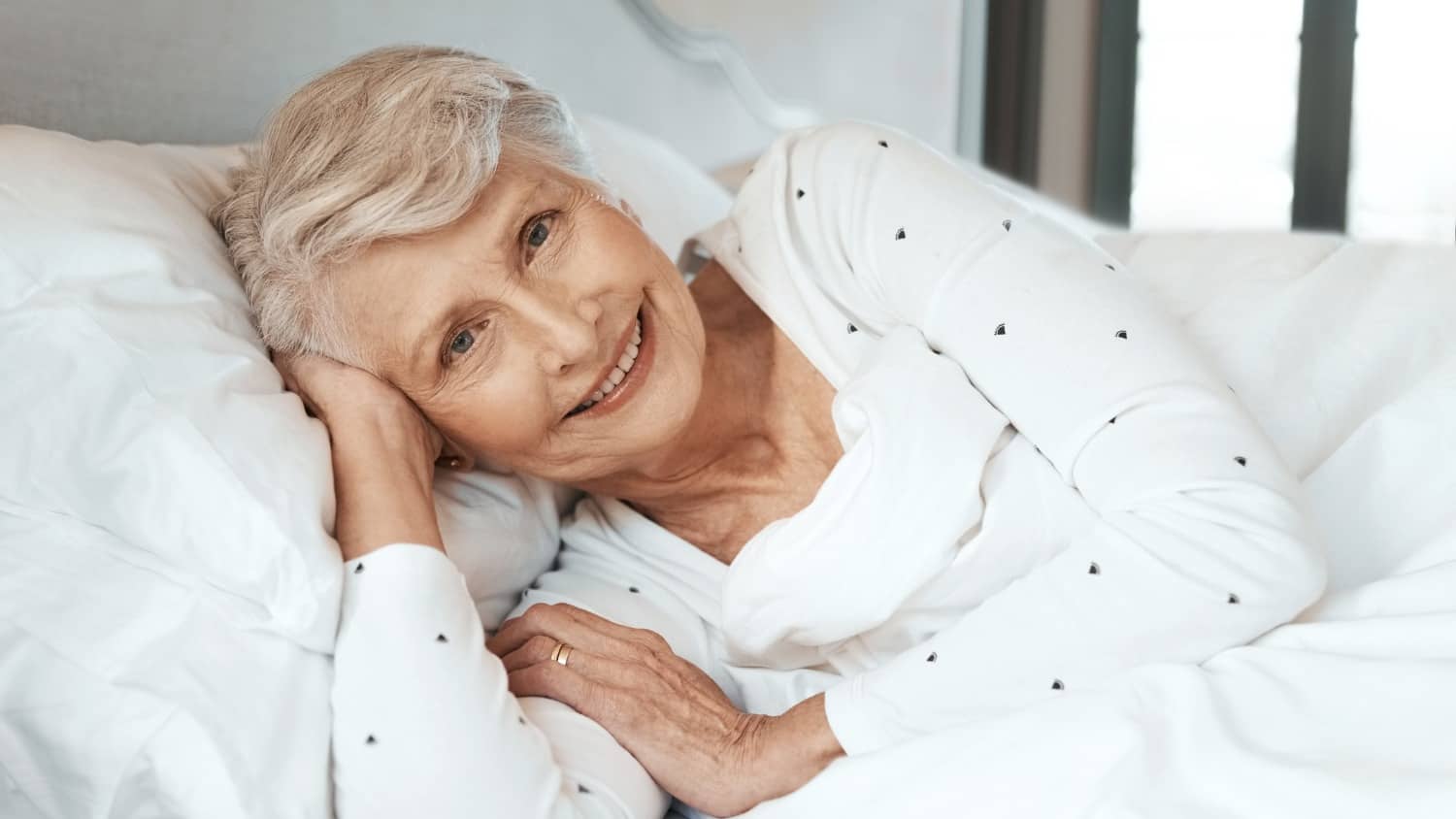
Is Your Age Causing Your Sleep Problems? The Answer May Surprise You…
After we reach our 60th birthday, it’s easy to blame our age for all of our problems. Feeling a little forgetful? That’s just a part of aging! Can’t lose those extra pounds? Don’t worry! It’s harder to lose weight after 60! Having trouble falling asleep at night? Deal with it! That’s what happens when you get a little older.
Of course, there is no denying that our bodies change as we get older. Anyone who has lived in a 60-year-old’s body knows that aging is not an illusion. It is very real.
At the same time, as someone who has had the opportunity to talk with hundreds of people over sixty, through my work with the Sixty and Me community, I also know that we have a tendency to give up too easily. This is the problem with stereotypes. They become self-fulfilling prophecies.
Is Your Age Really Causing Your Sleep Problems?
The answer to this question may depend on how you look at the word “age.” It turns out that many of the sleep problems that older adults experience may not be caused by their age, per say, but, instead by other age-related issues. For example, if you are suffering from stiff joints, chronic pain or depression, it may be harder to get to sleep.
As Ariel B. Neikrug and Sonia Ancoli-Israel pointed out in a recent article, “The decreased ability (to sleep) is less a function of age and more a function of other factors that accompany aging, such as medical and psychiatric illness, increased medication use, advances in the endogenous circadian clock and a higher prevalence of specific sleep disorders.”
This doesn’t mean that all sleep disorders are caused by medical, psychological and lifestyle issues. But, it does give us a place to start if we can to make a difference in our own lives.
What Does this Mean for You?
Basically, what this means is that you have a lot more control over the quality of your sleep than you might imagine. Obviously, everyone’s situation is different – and you should talk to your doctor before starting an exercise plan or making changes in your diet. That said, if you want to deal with your insomnia, you may need to deal with some of the issues that are keeping you awake indirectly.
For example, if you are suffering from age-related aches and pains, why not try gentle yoga or make stretching a part of your daily routine?
If you find your mind racing at night, why not consider meditation?
If you have to get up multiple times a night to go to the bathroom, reducing your nightly alcohol intake may be a simple solution.
If your mattress is uncomfortable, why not prioritize a replacement over other potential purchases?
If the air in your house is contributing to your allergies, perhaps it’s time to consider getting an air-filter or filling your home with air-cleaning plants.
The bottom line is that, while our sleep patterns change as we age, this doesn’t meant that we are off the hook. Some of the lifestyle changes that can have a positive impact on our health and mental state can also help us to sleep better.
Have you found that your sleep patterns have changed as you have gotten a little older? What techniques have you used to improve your sleep after 60? Please join the conversation and “like” and share this article to keep the discussion going.
Tags How to Sleep Better






